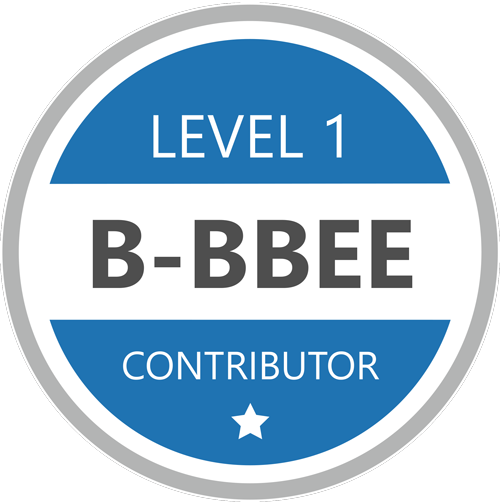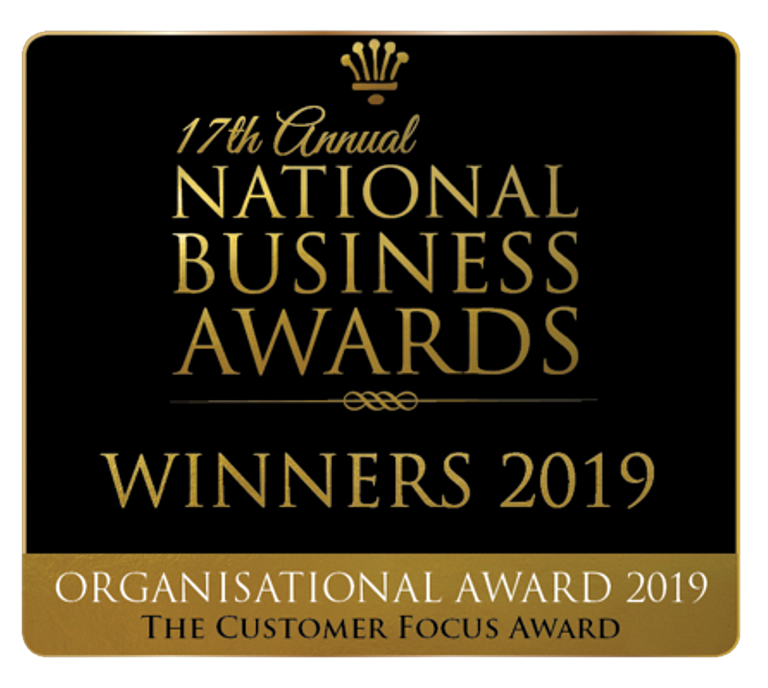Written by André van Wyk, MaxProf Audit Manager
Introduction
In the context of South African non-profit organisations, comprehending VAT implications is vital. This article delves into the VAT Act, providing insights for NPOs navigating these complexities within the South African regulatory landscape.
Background
It must be noted that not all non-profit organisations will qualify as “associations not for gain” or “welfare organisations” from a VAT perspective. Where the non-profit organisation does not qualify as a “welfare organisation” or “association not for gain”, the normal VAT registration rules will apply.
The VAT Act
Section 1 of the VAT Act defines a “welfare organisation” as:
“Any public benefit organisation contemplated in paragraph (a) of the definition of ‘public benefit organisation’ in terms of section 30(1) of the Income Tax Act that has been approved by the Commissioner for SARS in terms of section 30(3) of the Income Tax Act if it carries on or intends to carry on any welfare activities determined by the Minister of Finance in a regulation. The activities must relate to:
- Welfare and humanitarian
- Health care
- Land and Housing
- Education and development
- Conservation, environment, and animal welfare.
Government Notice No. 112 contains the specific activities that qualify as welfare activities under each of the above headings.
Section 1 of the VAT Act defines an “association not for gain” as any religious institution of a public character, any other society, association, or organisation, whether or not incorporated, which:
- Is carried on otherwise than for profit or gain to any proprietor, member, or shareholder.
- Is in terms of its memorandum, article of association, written rules or other document constituting or governing the activities of the society, association, or organisation.
- Required to utilise any property or income solely in the furtherance of its aims or objectives.
- Prohibited from transferring any portion of its income directly or indirectly in any matter whatsoever to profit any person other than by way of the payment in good faith of reasonable remuneration to any officer or employee of the society, association, or organisation.
- Upon the winding-up or liquidation of the society, association, or organisation, obliged to give or transfer its assets remaining after the satisfaction of its liabilities to another society, association, or organisation with objects similar to those of the society, association, or organisation being wound up or liquidated.
Association not for gain includes any educational institution of a public character, whether or not incorporated, that:
- Is carried on otherwise than for profit or gain to any proprietor, member, or shareholder.
- Is in terms of its memorandum, article of association, written rules or other document constituting or governing the activities of the educational institution.
- Required to utilise any property or income solely in the furtherance of its aims or objectives.
- Prohibited from transferring any portion of its income directly or indirectly in any manner whatsoever to profit any person other than by way of the payment in good faith of reasonable remuneration to any officer or employee of the educational institution for any services rendered to the educational institution.
SARS Guidance
Non-profit organisations need to understand the above definitions for welfare organisations and associations not for gain, as there are different VAT implications for the two entities.
Welfare Organisations
If a welfare organisation carries on welfare activities as discussed above, then it can register for VAT even if it receives no income from such activities. Even if the welfare organisation only receives donations, they will still be eligible for VAT registration, provided they carry on welfare activities as per the definition of section 1 of the VAT Act.
The VAT 414, Guide for Associations not for Gain and Welfare Organisations, states that a welfare organisation is not subject to the general disallowance of input tax claims on entertainment expenses where the entertainment is acquired for welfare purposes, for example, accommodation and meals for street children.
It is our view that not all entertainment incurred by welfare organisations will be claimable for VAT purposes; for example, catering for the employees of the welfare organisations is not intended for the ultimate beneficiaries of the welfare organisation and can be challenged by SARS.
Associations not for Gains
It must be noted that an association not for gain can apply for payments basis to SARS. One will, however, need to consider the limitations of section 15(2A) of the VAT Act in this regard.
An association not for gain that receives donations does not need to declare output VAT on the donations; for example, where somebody donates money to a sports club to cover the cost of sports equipment, there will be no output VAT implication.
There is a special VAT rule for an association not for gain where it receives donated goods or services and then subsequently supplies the donated goods. In terms of section 12(b) of the VAT Act, where the donated goods constitute at least 80% of the value of the supply, the supply will be exempt from VAT.
Certain goods imported which are forwarded free of charge to an association not for gain are exempt from customs VAT if used exclusively for educational, religious, or welfare purposes or for medical or scientific research.
Different activities of associations not for gain can be regarded as separate persons for VAT purposes. This can help to reduce the impact of VAT.
Conclusion
In conclusion, South African NPOs must discern whether they fall under the definition of a welfare organisation or an association not for gain. The divergent VAT treatments for these entities necessitate careful consideration for compliance and financial planning.














